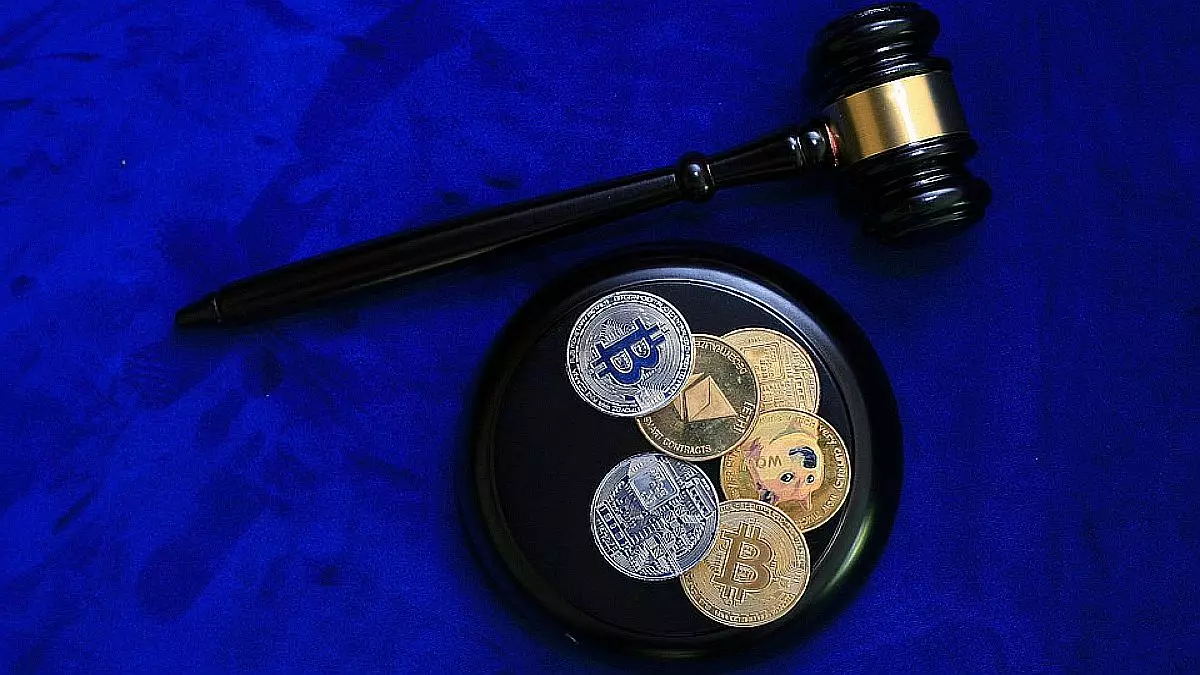The Financial Action Task Force (FATF) has recently voiced its concerns regarding the lack of implementation of regulations in the virtual digital assets sector. According to a report by the FATF, the delay in adopting these rules is creating opportunities for criminal activities to thrive. The organisation has assessed data over the past year to compile a list of nations and their adherence to the rules set by the FATF.
In February 2023, the FATF Plenary came to an agreement on a roadmap to strengthen the implementation of standards regarding virtual assets and virtual asset service providers (VASPs). Despite this, many countries have yet to fully implement the required regulations to prevent the misuse of virtual assets for illicit finance. The Paris-based global financial watchdog has been working towards addressing issues related to the exploitation of crypto assets by criminals for money laundering or funding terrorism.
In November 2022, the FATF informally mandated countries to comply with its anti-money laundering (AML) regulations to avoid being ‘grey listed’. Among the regulations, licensed firms are only permitted to engage with crypto assets. Additionally, countries are required to gather information about the senders and recipients of crypto assets, especially in cases of suspicious transactions. The FATF has created a list categorizing nations based on their fulfillment of certain criteria established by the organisation for crypto-related activities.
The FATF emphasizes that virtual assets are globally interconnected and boundaryless, emphasizing the significance of regulating VASPs. Failure to regulate VASPs in one jurisdiction can have significant global repercussions. The organisation’s objective is to encourage jurisdictions with substantial VASP activity to implement Recommendation 15 promptly.
India has reportedly implemented all the regulations outlined by the FATF. In contrast, countries like Australia, Finland, Greece, Malaysia, and Portugal are still in the process of implementing FATF rules. Ashish Singhal, the Co-founder of India’s CoinSwitch crypto exchange, commended India’s proactive approach in conducting a risk assessment of VASPs and implementing the Travel Rule. Singhal highlighted that India’s Mutual Evaluation was conducted last year, with a potential plenary discussion scheduled for June this year.
As we reflect on the FATF’s concerns and the global status of regulation in the virtual assets sector, it is evident that stronger regulations are essential to combat illicit financial activities and ensure the integrity of the financial system. Collaboration between nations and strategic implementation of regulations are crucial to address the challenges posed by the rapid growth of the virtual assets sector. By heeding the warnings raised by organisations like the FATF, countries can work towards a more secure and transparent financial landscape in the digital age.

Leave a Reply